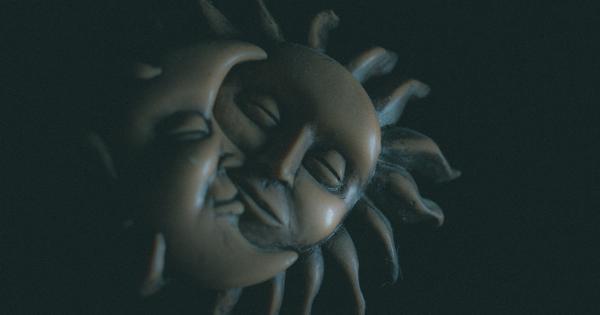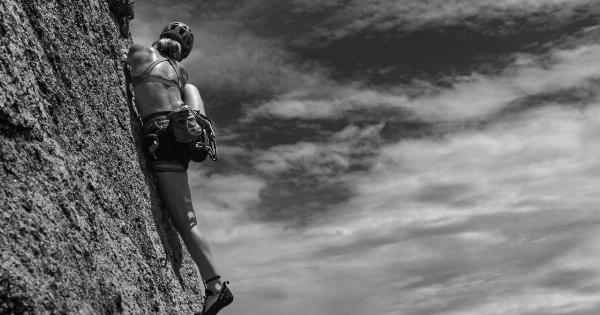As humans, we are biologically engineered to perceive and take note of the physical features of one another.
Oftentimes, certain physical features are perceived to be more attractive than others, and they may hold a more significant position in the eyes of society. One feature that gains a lot of attention, either positively or negatively, is the size of our nose.
Before we jump to conclusions…
It is essential to note that there is no one-size-fits-all answer as to whether a nose is too big or too small. Our nose is a unique feature, and it plays an important role in our body’s functionality.
It is responsible for filtering the air we breathe, warming and moisturizing it, and allowing us to perceive different scents and odours.
It would be unfair to judge someone based solely on the size of their nose. We must keep in mind that our nose size is often determined by genetics and not something we can control.
The social perception of nose size
Despite the biological significance of the nose, society has assigned certain meanings to different nose shapes and sizes.
For example, a small or petite nose is usually perceived as more feminine and attractive, while a larger, more prominent nose may be associated with masculinity. These standards can be harmful as people begin to feel self-conscious about their natural features.
It is crucial to remember that beauty standards are subjective, and the perception of an attractive nose varies across different cultures and time periods.
What was once considered unattractive in one period could be considered desirable in a later time frame.
The effects of technology and media on our perception
With the rise of technology and social media, the obsession with beauty standards and a perfect nose has only increased. People are turning to cosmetic surgeries to change their nose shape and size to fit with society’s ideal of perfection.
However, it is essential to understand the risks of these procedures and the potential harm it can cause to one’s mental and physical health.
Social media platforms such as Instagram and TikTok have also contributed to the increasing pressure on individuals to adhere to beauty standards.
With an endless stream of images, videos, filters, and editing tools, it is no surprise that people are left feeling insecure about their natural features.
Conclusion
The size of our nose is a natural feature, and we should not feel the need to change it to fit with society’s perception of beauty. We must learn to appreciate ourselves and our features for who we are and what makes us unique.
It is crucial to understand that beauty is subjective, and what one person perceives to be attractive may not be so for another. Ultimately, what matters most is how we feel about ourselves and how we learn to love our uniqueness.































